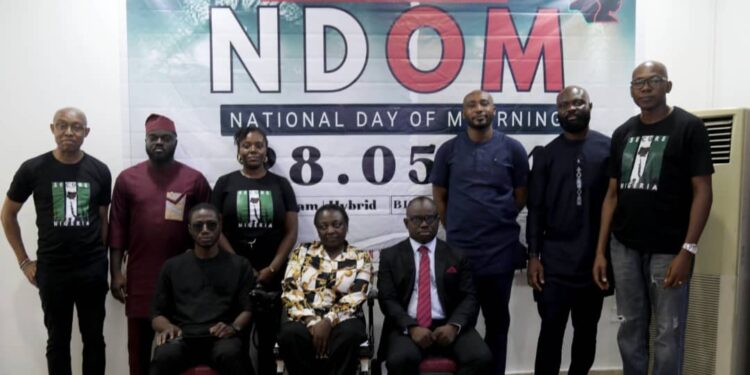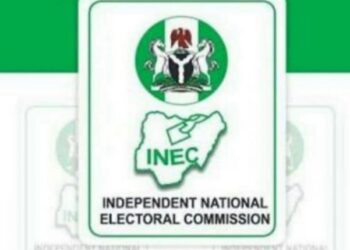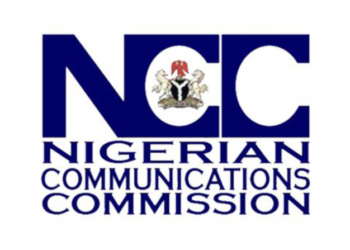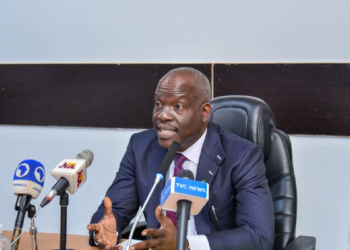A coalition of 85 Civil Society Organisations(CSOs),on Tuesday called on the Federal Government to account for missing and dead citizens and ensure justice for victims of the various forms of mass atrocities across the country.
They made the call at a news conference in Abuja in commemoration of the 7th National Day of Mourning (NDOM),for Victims of Mass Atrocities in Abuja.
The conference which was addressed by Lois Auta, Founder, Ceder Seed Foundation, Martins Obono, Executive Director TAP Initiative, and Frank Tietie the Executive Director of Citizens Advocacy for Social and Economic Rights (CASER) ,called on the government to prioritise the security and welfare of citizens.
The CSOs said the call became imperative because of the spate of killings in the country adding that 4,416 Nigerians were killed while 4,334 abducted in the last one year.
They said that Nigeria ranked 144th out of 163 countries on the Global Peace Index in 2024.
“We, the undersigned civil society organisations, in commemoration of the 2024 National Day of Mourning and in assessing President Bola Ahmed Tinubu’s first year in office, reiterate our call to the government to fulfil its constitutional duty.
“The National Day of Mourning and Remembrance for Victims of Mass Atrocities and Violent Killings is an annual citizen-led initiative to recognize and accord dignity to victims of mass atrocities as more than just numbers; as humans, citizens whose identities must not be forgotten, and to demand justice for them.
“The National Day of Mourning is further aimed at rekindling our sense of solidarity and nationhood by reminding us that we are in this together and that the office of the citizen is the most powerful office that can be occupied in Nigeria.”
According to them, the intractable insecurity in Nigeria has earned it a place as one of the most insecure countries in the world.
“Nigeria ranked 144th out of 163 countries on the Global Peace Index in 2024, sandwiched between countries inactive warfare, and 5th on the Global Conflict Index, ranking as being extremely vulnerable to conflict.
“Since the commemoration of the last National Day of Mourning #NDOM2023 on May 28th, 2023, and President Tinubu’s first year in office, our records show that at least 4416 people were killed and at least 4334 were abducted in incidents of mass atrocities across the country.”
The CSOs said that the North Central region accounted for the highest number of fatalities from mass atrocities, with at least 1,600 lives claimed due to interior pillages, communal lashes, and herdsmen attacks.
They said North-West came second with at least 1,136 fatalities mostly from terror-pillage attacks.
The CSOs said these were particularly in hard-hit communities like Maradun Local Government in Zamfara State, which endured at least five separate incidents of terror pillages in 2023 in a series of attacks that claimed at least 118 lives.
“At least 904 people were killed in the North East in the past year. Boko Haram/ISWAP activities still account for the highest number of atrocious killings in the Northeast, particularly in Borno State, with pockets of incidents in Yobe and Adamawa States.
“We also noted an upsurge in insurgent group clashes. For example, at least 82 Boko Haram insurgents were killed in an inter-insurgent group clash in Kukawa Local Government Area of Borno State.
“The Southeast recorded the highest number of killings in the southern part of the country, with at least 344 people killed, and most of these killings occurred in Imo and Anambra states.
“As reported in previous years, most of the killings were due to secessionist activities in the region. Cult gangs, communal lashes, and pockets of terror-bandit attacks continued to cost lives in the South South region, where at least 272 people were killed. ”
The CSOs said that in the Southwest, at least 160 people were killed in cult clashes, herdsmen militia, attacks and other isolated attacks.
They said these numbers did not account for the regular crimes of armed robbery and other forms of crimes within that range.
These incidents of violence, they said , have reduced the citizens’ right to life and dignity guaranteed under Sections 33 and 34 of the 1999 Constitution of Nigeria(as amended) to a mere inscription.
They added that the frequency of these atrocities kept Nigerians in a state of perpetual fear and uncertainty and is impacting social cohesion, the economy, public health, and education across the country.
They therefore, recommended that the government should investigate and arrest prosecute the perpetrators of these violent crimes as well as those perpetrated from the 2023 general election.
They also called for the need to prioritise improving the welfare of the nation’s gallant security assets who daily deal with the trauma of being on the frontlines.
They asked that the payment of ransoms be disincentivised by tracking the financial flow of ransoms and communal extortions to identify and bring to book terrorists and terror merchants currently pillaging Nigeria.











